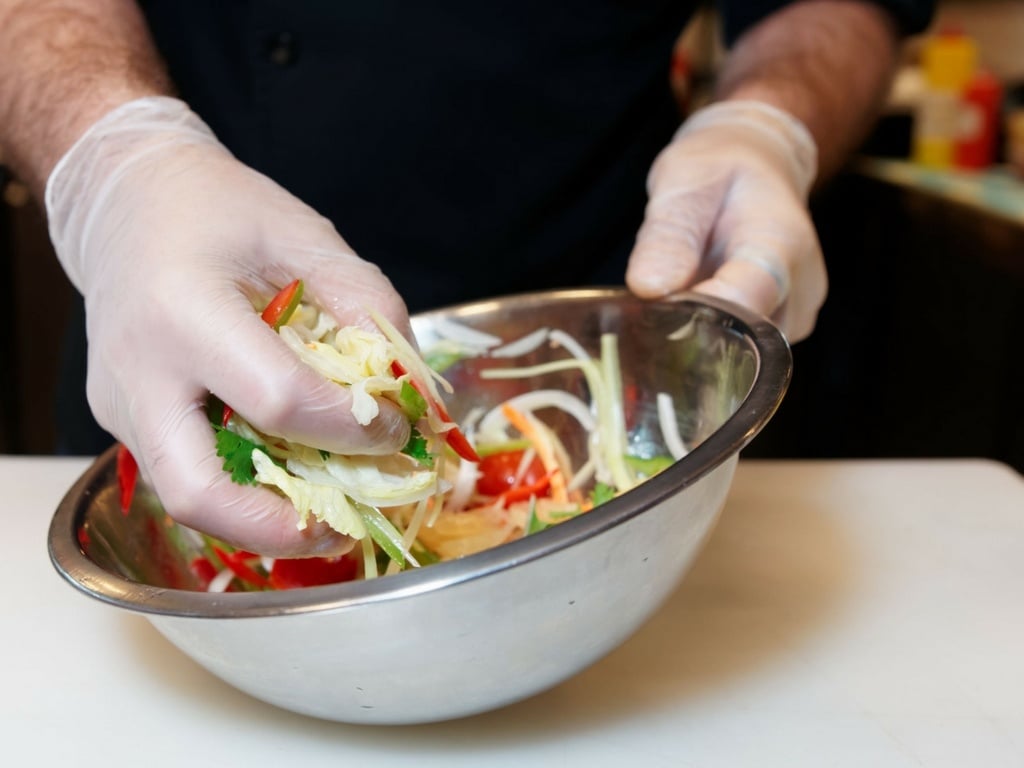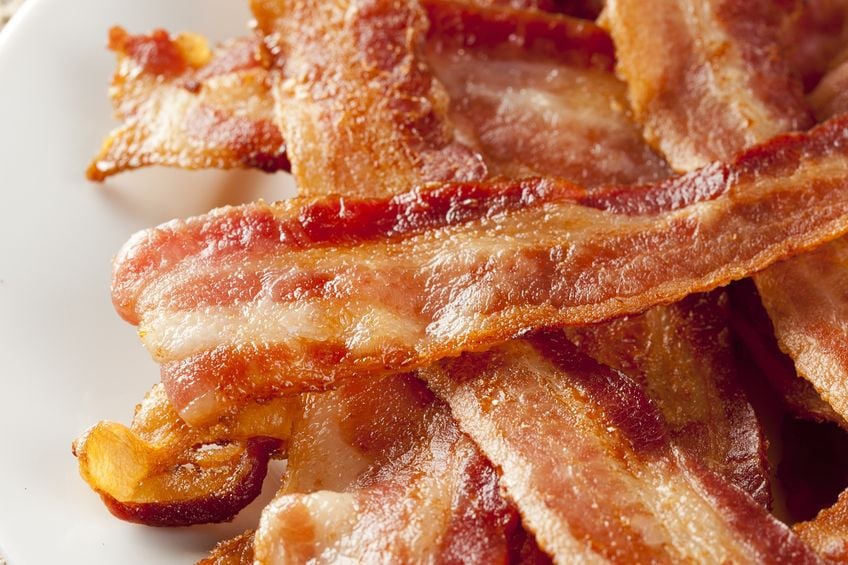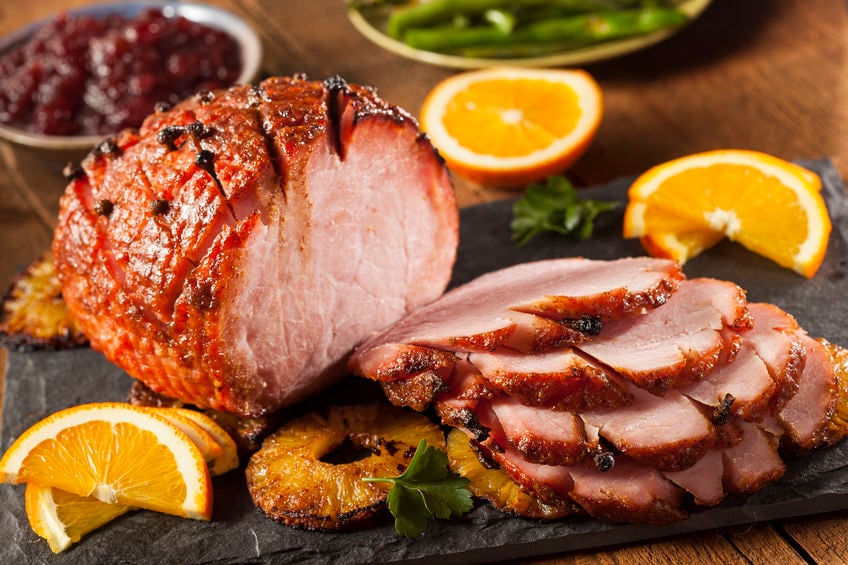The path from your ingredient supply chain to your customer's plate is a winding one, with plenty of obstacles to overcome along the way. Balancing flavor profiles, designing an appealing menu, keeping both raw ingredients and finished dishes at the optimal temperatures — all that translates to a lot on your plate. If your kitchen is a well-oiled machine, your staff is the fuel that keeps it running, and many managers are so caught up with keeping issues like these at bay that they neglect the performance of that fuel. From sanitary best practices to sous vide, your employees should be able to handle it all without breaking a sweat, but what happens if untested staff is your only resource? There are three guidelines you'll need to incorporate into your operational approach.















